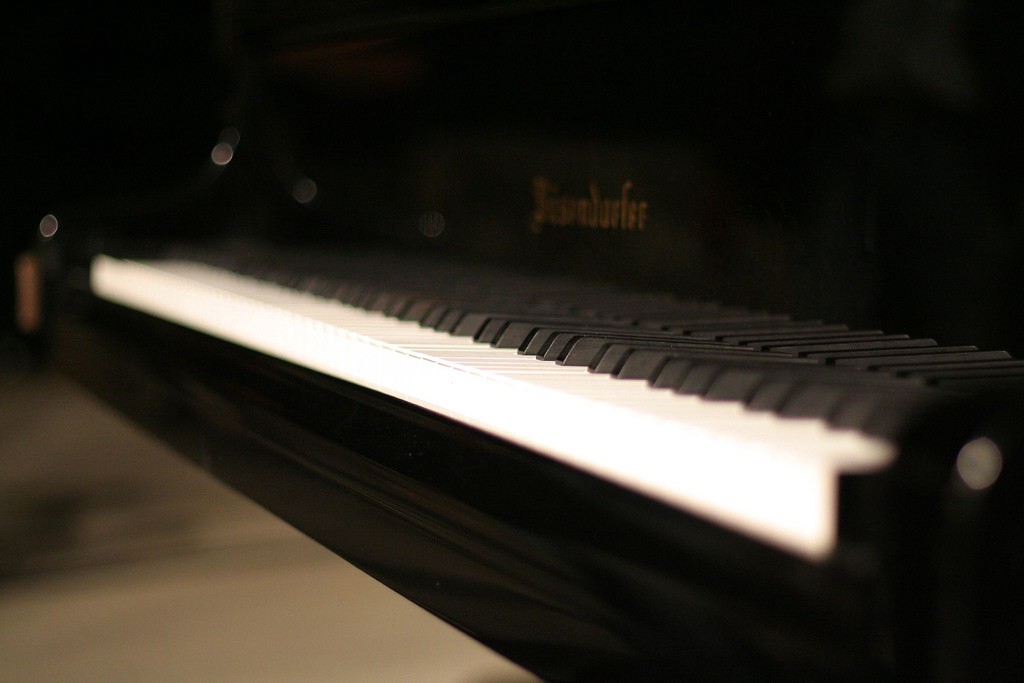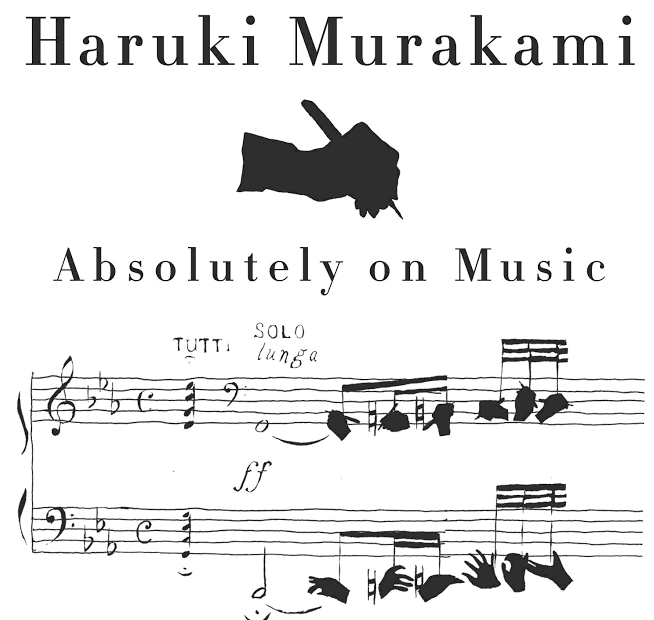Beethoven And Murakami
Classical Music Hour with Fran

It can be tough sometimes to find good books about classical music that don’t make you feel like a complete and utter idiot. I say this mainly about myself, not you — many musicographies are too dense for my own understanding of music, and biographies are often just very long. Who has that kind of time, especially if you, like me, find yourself frequently en route to protests? The times: they are bad.
In light of all of that, I’ve been reading Absolutely On Music: Conversations with Seiji Ozawa by Haruki Murakami the past couple of weeks. Murakami, of course, is an acclaimed Japanese writer and novelist, known best for his magical realism, and Ozawa, perhaps unknown to you unless you are very up to date on your 20th century classical music, is an acclaimed conductor, known best for his work with the Boston Symphony Orchestra.

The book is a series of transcribed conversations between the two of them on classical music. Even if you don’t know a lot about classical music in the first place, the book is easy enough to parse. Murakami professes to mostly just being a fan of classical music and not an expert, to which I am kind of like LOL because Murakami knows a lot, down to recordings and conductors and can spot differences in the sounds of orchestras. I can’t even do that! But I can read music and Murakami can’t so there’s my one-up on an award-winning novelist from my weekly classical music column.
It’s low-stakes, nice and entertaining reading on a variety of pieces and recordings and composers and conductors. Some of the pieces discussed in the book are ones I’ve written about for this column! Others are by my enemy, Gustav Mahler, whom I’ve yet to write about and will maybe eventually come around to. But even reading Murakami and Ozawa talk about Mahler, a composer whose work I really do not understand for the most part, makes me want to spend a full day trying to understand him.
Here is a good way to know if this book is for you: do you ever read comedian memoirs (look, it’s okay, we all do it) and think to yourself, “Wow, what a useless anecdote from your childhood, can you please tell us more about your process?” Hm, maybe I am the only person who thinks that, but regardless, I do. This is a lot of process in this, which I think is a good thing! Have you ever wondered how a conductor does… anything? I do! I do all the time!
Anyway, the first big piece the two discuss in Absolutely On Music is Beethoven’s Piano Concerto №3 in C Minor. They go over a few different recordings of it, but of those, I’m partial to this Leonard Bernstein and Glenn Gould one from 1960. I haven’t dedicated much time to concertos in this column yet, but for definitional purposes, a concerto is a composition of classical music usually consisting of three movements (compared to a symphony’s four) featuring a solo instrument. So a piano concerto would have a lot of piano solos, these ones played by Glenn Gould.
Piano concertos, in particular, are very overwhelming for me to listen to as a former pianist who was, uh, kind of bad at piano. And I don’t mean that in a “Haha, I was bad” way but in a “I really only ever got to a certain level of aptitude and the type of skill required to play a concerto of this nature baffles me so completely that I mentally shut down” way. In the first movement of this concerto, the Allegro con brio, the piano enters at the 3:27 mark and you’ll see what I mean. That first minute of featured piano solo is mind-bogglingly good. There’s this little bit at the 4:25 mark when Glenn Gould is just playing so perfectly — I want to listen to it over and over again. In fact, I have listened to it over and over again. It’s amazing. His fingertips sound so light on the keys. It’s hard to imagine, with a piece so difficult, having the ability to play lightly and confidently and quickly.
Murakami and Ozawa spend a fair amount of time discussing the Largo of this piece, namely in just how slow it can be. This particular Bernstein and Gould recording is known to be quicker and livelier, even in its slow sections, which is perhaps what draws me to it. I’ve never had a ton of patience for a power ballad, so Gould’s sense of urgency is appreciated. I wrote last week that cello is the best instrument. I stand by this, of course, and in turn, I’d love to draw your attention to the 1:55 mark where in combination with the basses, there’s this beautiful little melody supporting the woodwinds. Finally… it is time for the low strings to shine. I’m ready.
The concerto’s third movement, the Rondo, a melodic round, has this dizzying effect to it. Gould really just gets going right in the first few seconds of it. There’s this section right at the 1:36 mark where the piano is quite literally dancing atop of the rest of the orchestra. I guess not “quite literally,” but you’ll listen and it does sound that way. It’s perfectly balanced and repetitive in a way that feels like putting your favorite song on repeat. Murakami and Ozawa don’t touch on the Rondo too much which why I feel confident enough swooping in to say: this movement really trucks along. It has all of the drama and poise of a normal Beethoven symphony — drama and poise is honestly a good description for most German music — and the joy of a concerto is often that you can really hear an individual musician at the top of their game.
And that’s what’s also so wonderful about Absolutely On Music. This book is essentially two experts in two different fields having in-depth conversations about a subject they both love and guess what, it is unfairly pleasant. It’s artists appreciating art. There’s nothing better! Honestly, there isn’t. These guys are tremendous nerds, but guess what, you made it to the end of this column, so you are too.
Fran Hoepfner is a writer from Chicago. You can find a corresponding playlist for all of the pieces discussed in this column here.
